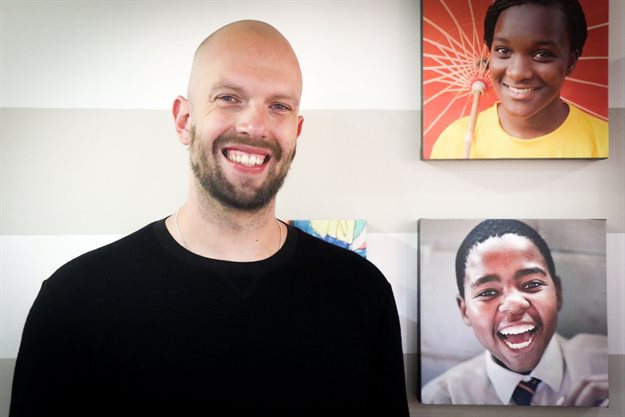






“More work needs to be done to ensure everyone in and outside South Africa, particularly children and young people, can reach their potential by 2030, despite the disastrous impact of Covid-19,” says Meulenberg.
A problem which has worsened this year is youth unemployment. Released on 29 September 2020, StatsSA’s latest Quarterly Labour Force Survey shows that in the second quarter, 44.7% of South Africans aged 15-24 were not working nor in school or receiving training compared to 40.3% in the same period in 2019.
Child hunger has also increased. In the latest National Income Dynamics Study-Coronavirus Rapid Mobile Survey, 15% of respondents reported that a child in their household went hungry at least once per week during the lockdown. At least 16% of these children were younger than seven.
“This is frightening, as hunger and malnutrition impact a child for the rest of his or her life,” says Meulenberg, referring to the link between malnutrition and stunting. “Research shows that adults who went hungry and were stunted as children are more likely to be unemployed, thus extra vulnerable to being trapped in the cycle of poverty. This affects our nation as a whole and prevents us from moving forward.”
Whilst Covid-19 has amplified many hardships youths face, Meulenberg feels the virus shouldn’t be used as an excuse to delay action. “Youth unemployment, hunger, and poverty have been endemic for years. Covid-19 has only shown us what can happen when social problems remain unaddressed and is, therefore, a reason to do more,” he stresses.
This requires stakeholders such as the government, the private sector, civil society, innovators, and development experts to work together harder and smarter to meet the SDGs, particularly those affecting young people. It all boils down to innovative and holistic partnerships and developmental solutions that tackle more than one child and youth-related SDG.
“The Cradle to Career model of Afrika Tikkun is a good example of how one can make a sustained impact. Besides involving different players – from government agencies to private businesses – this youth development approach focuses on all aspects of child well-being. This includes boosting their access to food, education and healthcare early in life to pave the way for gender equality, creating meaningful work opportunities, and fostering sustainable communities,” Meulenberg says.
“This multi-stakeholder, multi-layered approach has helped us reach thousands of youths and their families across the country, allowing them to change their future.”
Meulenberg urges stakeholders to implement impactful measures now, and not tomorrow: “The year 2030 may be something of the distant future, but in fact, it is not. It is just ten years from now,” he says. “Fact of the matter is that our young people do not have ten years.”